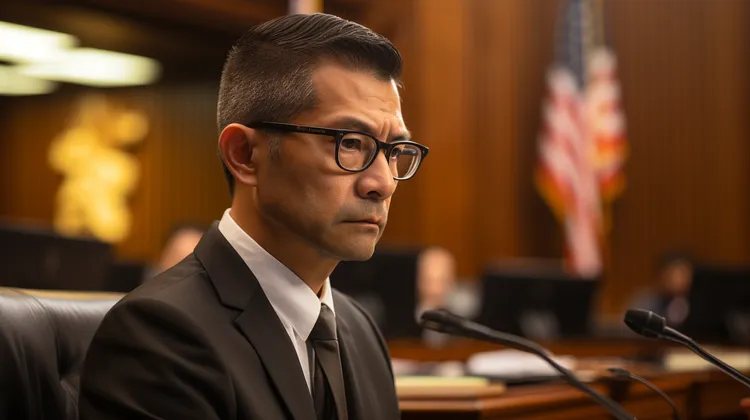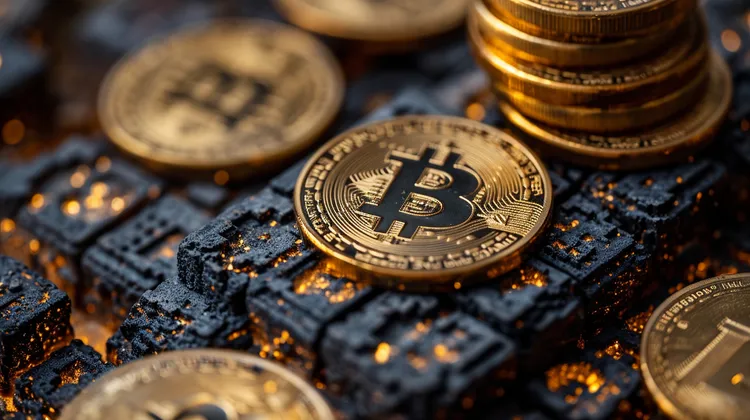As the cryptocurrency market continues to expand, issues related to regulatory compliance remain at the forefront of the industry. A recent statement from the Philippine authorities has brought one of the world’s largest cryptocurrency exchanges, Binance, into the spotlight. The Philippines’ regulator has claimed that Binance has been operating without a license in the country, sparking discussions related to the regulatory framework within the Philippines and the challenges faced by global cryptocurrency entities in adhering to local laws.
Binance, a company with a widespread international user base, offers a variety of services including cryptocurrency trading, digital wallets, and token offerings. With the rise of cryptocurrency adoption in the Philippines, Binance has attracted a substantial number of Filipino users, drawn to the platform for its extensive range of tradeable assets and its reputation for security and user-friendly experience.
The Philippine Securities and Exchange Commission (SEC) has recently stated that Binance has been conducting business without the necessary permit. According to the regulator, any platform that offers the exchange of digital assets for fiat currency, or the exchange of one digital asset for another, is required to register as a virtual currency exchange. This is in line with the regulations established to oversee the growing digital finance sector and to protect the interests of consumers engaging in these new forms of financial activities.
The Philippine Central Bank, Bangko Sentral ng Pilipinas (BSP), has reiterated similar concerns stating that any exchange operating within its jurisdiction must adhere to the local financial regulations, which include anti-money laundering (AML) and combating the financing of terrorism (CFT) rules. The BSP requires exchanges to hold a Virtual Currency Exchange (VCE) license to ensure that these platforms operate within the boundaries of the law.
Binance has responded to the allegations with a commitment to compliance with local regulations. The company, which operates on a global front, has often emphasized its intention to collaborate with regulators worldwide. In light of the situation in the Philippines, Binance has signaled that it aims to engage in a dialogue with regulatory bodies to find a mutually agreeable path to compliance.
The debate around Binance’s operation in the Philippines raises broader questions around the challenges faced by international cryptocurrency platforms as they navigate various regulatory landscapes. Each country’s stance on digital assets differs vastly, with some nations establishing detailed frameworks and others yet to introduce specific legislation. This complex global patchwork of regulations creates an intricate environment for exchanges like Binance that offer their services globally.
For the Philippine government, the primary concern is the protection of its citizens from financial risks, including fraud, market manipulation, and the potentially destabilizing effects of unregulated virtual asset activity. The recent influx of interest in cryptocurrencies among Filipinos only amplifies the need for a well-defined and enforceable regulatory structure.
The case of Binance in the Philippines is not unique. Multiple countries have scrutinized the exchange’s operations, reflecting a global trend towards tighter regulatory oversight of cryptocurrency entities. Other jurisdictions like the United States, the United Kingdom, and Japan have all engaged in regulatory discussions with or actions against Binance.
The regulatory issues faced by Binance offer an opportunity for the cryptocurrency industry to mature. Clear and constructive regulatory engagement can lead to a more stable and credible digital asset ecosystem, which is beneficial for users, operators, and regulators alike. The hope is that through this process, Binance and other cryptocurrency exchanges will meet internationally recognized standards for operation.
Binance’s predicament in the Philippines underscores a critical inflection point for the cryptocurrency industry at large. With the digital currency market maturing, the importance of comprehensive and clear regulation cannot be overstated. The outcome of this situation in the Philippines could serve as a precedent for how other countries might address similar issues, potentially shaping the future trajectory of international cryptocurrency operations and their regulatory compliance.




The audacity of these crypto exchanges endangering Filipino users just for their own gain. Disgraceful!
Every time we turn around, there’s another headline about Binance breaking the rules. Seriously?!
So tired of these crypto giants thinking theyre too big to fail. The Philippine SEC is right to call Binance out.
Regulating digital assets is like walking a tightrope. Fascinating to see the balance Binance strives for!
Compliance is key for crypto’s long-term success. Encouraging to see companies like Binance engage with regulations.
Another day, another drama with crypto exchanges. When will they learn that they have to play by the rules like everyone else?
Watching how Binance handles this will be crucial for the crypto industry’s reputation. 📉➡️📈
It’s so frustrating to see the same old stories of non-compliance. Binance needs to shape up or ship out.
Can’t believe we’re still talking about regulation issues in crypto. Get with the program, Binance it’s 2023!
If Binance comes through with compliance, it could be a game-changer for their operations worldwide!